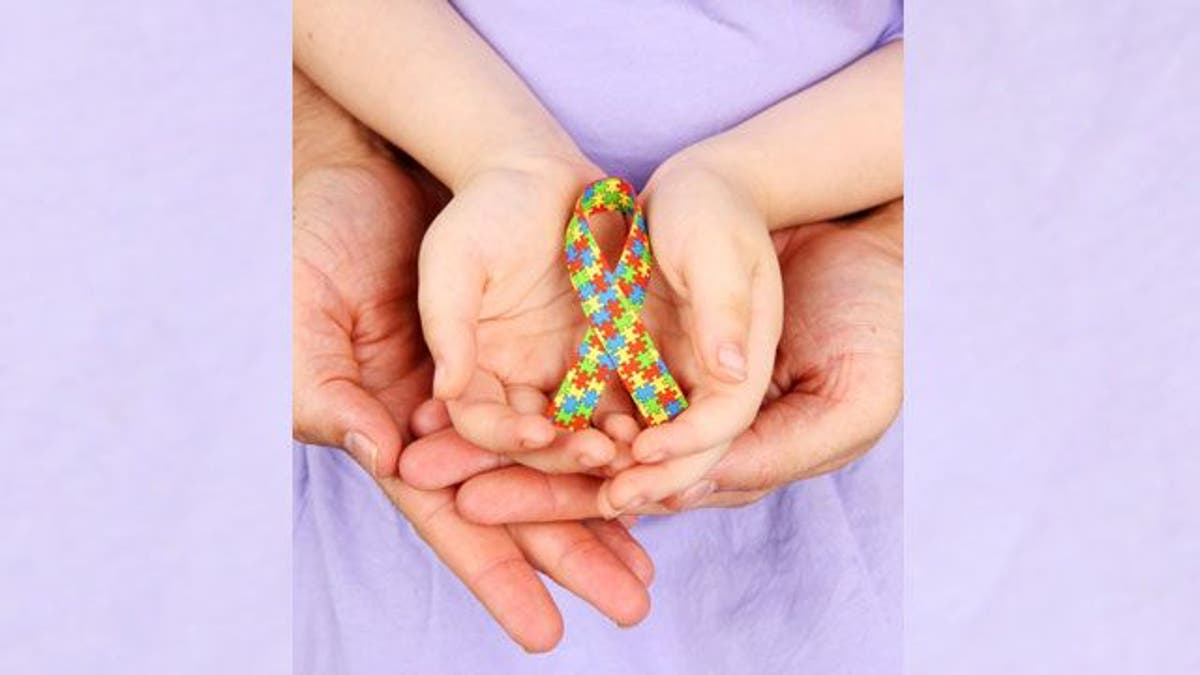
From diagnosis and therapies, to job placement and residential options, parents of autistic children are often faced with difficult decisions.
Today, the number of children suffering from autism spectrum disorders stands at 1 in 88, according to the Centers for Disease Control and Prevention (CDC). As these children grow older, one of the primary challenges for families lies in finding appropriate housing options for autistic adults.
"Approximately 80 percent of adults with autism up to 30 years old live at home for one reason - there is not enough affordable housing available, both the physical space and the appropriate supports," Lisa Goring, vice president of family services at Autism Speaks, said.
Both parents and professionals report a lack of quality housing options for adults with autism, citing few physical spaces as well as not enough quality supports, including a lack of proper supervision, security and opportunities for social engagement – as well as a lack of staff trained to support the needs of these individuals.
Additionally, the family members of autistic people often face large financial burdens. Ian Paregol, executive director at Community Services for Autistic Adults and Children (CSAAC) in Montgomery County, Md., cited the estimated lifetime cost of caring for an individual with autism as $3.2 million. Furthermore, most of that cost occurs in adulthood.
"Housing is the brick and mortar buildings. That's the easy part," Paregol said. "We talk about 'residential supports,' the hiring and training of staff, developing skills an individual needs to be successful. Does this person know how to pay rent? Balance a checkbook? Do laundry?"
Though the number of autistic adults in need of residential placement and support has risen, demand is expected to increase even more.
"The tidal wave hasn't happened yet. Children who were in early intervention programs in 1994 aren't 21 yet," Paregol said.
Autism Speaks, which features residential programs for adults with autism on their website each month, is currently conducting a survey to gather more specific information from people with autism, as well as their caregivers, about their current and future needs in regards to housing and residential supports. The survey is available on the organization's website until August 9 and information gathered will be compiled into a report and analyzed at a think tank involving top professionals in the field.
According to Goring, the goal of the survey, which is available in both English and Spanish, is to "quantify and characterize the needs for housing and supports so we better understand them and can then use that information to shape public policy and to engage both the public and private sector with support."
In addition to creating appropriate housing options, Autism Speaks is also devoting attention to training caregivers and staff working with people with autism. Self-care skills, such as dressing, showering, and brushing teeth, are all factors in an adult's level of independence – and will eventually factor into their housing needs. Autism Speaks provided a grant to the Autistic Global Initiative, a program of the Autism Research Initiative in San Diego, Calif., to develop the AGI Daily Living/Residential Curriculum, which focuses on developing those necessary skills.
A twelve-week online course utilizing this curriculum begins on August 12 and is available for anyone working with individuals with autism. The course is designed to better prepare caregivers and support staff to appropriately engage and support individuals with autism in their care while fostering as much independence as possible.
Paregol, who moderated a conference about housing in Rockville, Md., in May, also points out that different states currently mandate different levels of training and said his organization, CSAAC, offers an additional 60 hours of training specific to the needs of the autism community.
Though parents and professionals report their frustration at finding appropriate residential facilities with exceptional supports, some communities have begun to tackle the expanding need for quality housing for adults with autism.
Mt. Bethel Village, a special needs community in Warren, N.J., offers housing for 41 residents and includes amenities such as a gym, library, computer lab, art studio and game room.
Both the day program and the full-time residential program have become viable options for many adults with autism who would likely have otherwise avoided programs that did not primarily serve individuals with a similar set of abilities.
Carolann Garafola, executive director at Mt. Bethel, credits her well-trained and well-compensated staff as part of the success of the program, which opened in January.
"Staff come to us with (a minimum of) two years of college, some with college degrees,” Garafola said. “Our weekend staff works as managers or assistant managers at other group homes so they come to us with experience. All of our staff is very professional."
Furthermore, the staff attends weekly meetings, in which employees can share both difficulties and successes concerning the residents and the events at Mt. Bethel.
Garafola describes the facility as a socially engaging environment where residents can develop life skills, personal skills and vocational skills – in addition to feeling as if they are a part of a community.
"Our residents have been blossoming since they came," Garafola said.
As the need for exceptional residential facilities and supports increases, so do the efforts of parents, professionals and even adults with autism to create such options in their own communities. From national organizations, like Autism Speaks, to local agencies, such as CSAAC, educators and other professionals are working with families to establish and meet the needs of the autism community.
